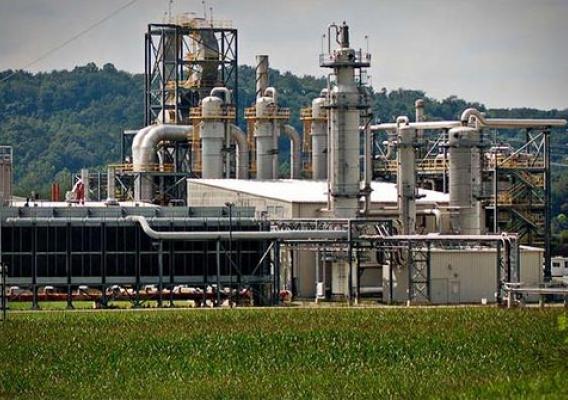At the Third International Conference on Financing for Development (FfD) in Addis Ababa, Ethiopia, leaders across the globe, in the public, non-governmental, and private sectors, committed to sharing and using data and to investing in the capacity to collect and analyze this data for sustainable development. Open data, particularly open data relevant to agriculture and nutrition, is a powerful tool for long-term sustainable development, improving the economic opportunities for farmers and contributing to the health of all consumers. Making open data work for agriculture and nutrition requires a shared agenda to increase the supply, quality, and interoperability of data, alongside action to build capacity for the use of data by all stakeholders.
The United States made several pledges at FfD including increasing support for global efforts to make agricultural and nutritionally relevant data available, accessible, and usable for unrestricted use worldwide. As a cornerstone of this support, the United States will expand and deepen its commitment to the Global Open Data for Agriculture and Nutrition (GODAN) initiative. This commitment will encourage collaboration and cooperation among existing agriculture and open data activities, without duplication, and will bring together stakeholders to solve long-standing global problems with a priority toward improving global food security. Specifically, the United States will provide $4 million in support of the GODAN Secretariat, matching the contribution provided by the United Kingdom.








